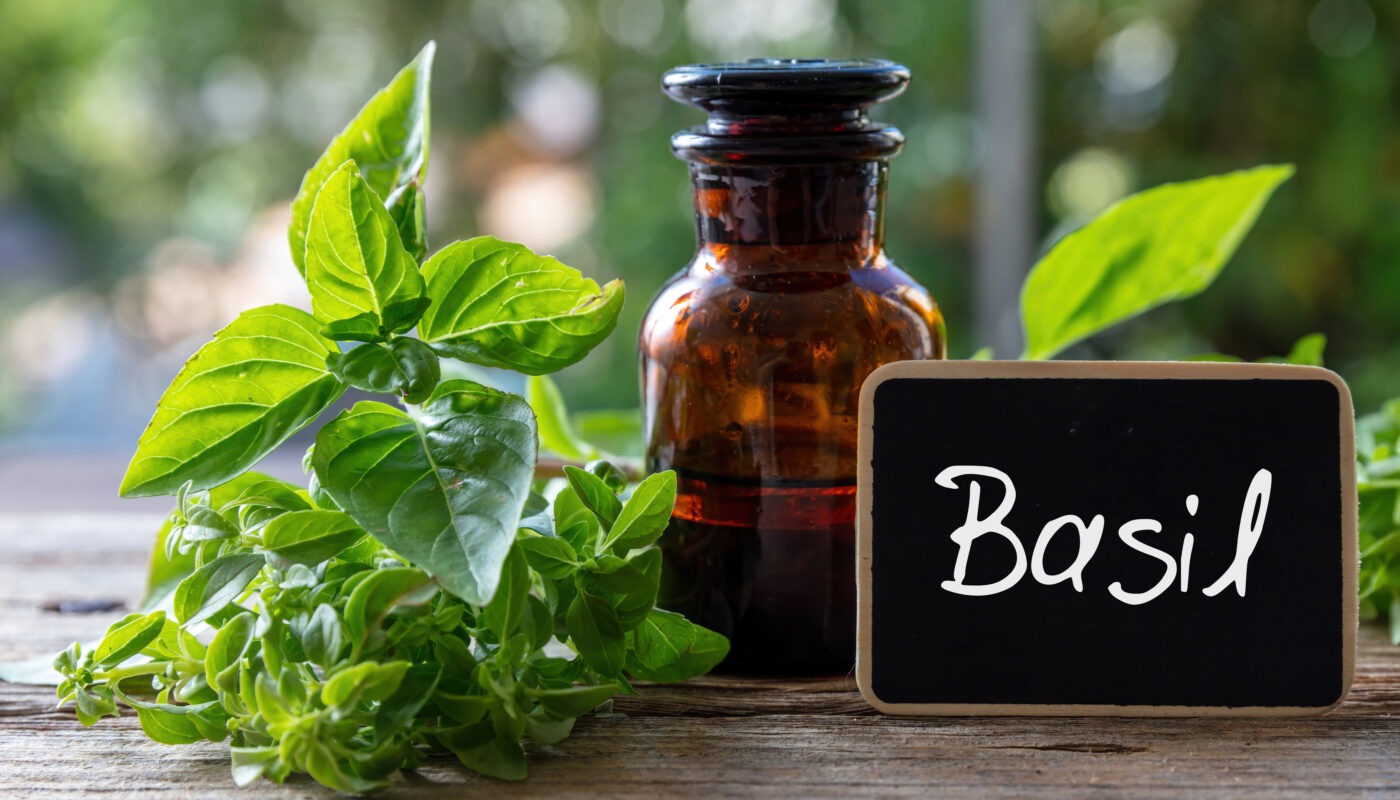
Medicinal Uses of Basil
While basil is widely known for its culinary applications, it also boasts a rich history of medicinal uses. It is celebrated for its antioxidant, anti-inflammatory, and antimicrobial properties, and has been utilized to address a variety of health concerns such as headaches, coughs, constipation, and even snakebites. In traditional medicine, basil has been used to treat colds, inflammation, and liver-related issues, as well as to promote overall wellness. Additionally, basil is thought to aid in reducing stress, improving digestion, and bolstering the immune system.
Here’s a closer look at some of its medicinal applications:
Traditional Uses:
- Headaches and Coughs: Basil has long been used in traditional remedies to relieve headaches and soothe coughs.
- Digestive Issues (Constipation & Diarrhea): Basil has been a go-to for addressing both constipation and diarrhea.
- Warts and Intestinal Worms: It has been used to treat warts and to manage intestinal worm infections.
- Snakebites: In some ancient practices, basil was believed to help counter the effects of snakebites.
- Kidney Health: Basil has been used in traditional systems to support kidney function.
Modern Research and Potential Benefits:
- Rich in Antioxidants: Basil contains flavonoids and polyphenols, which provide antioxidant protection against free radical damage.
- Anti-inflammatory Properties: Essential oils like eugenol and linalool in basil are known for their anti-inflammatory effects.
- Immune System Support: The plant is packed with essential nutrients like vitamin C, zinc, and iron, which help strengthen the immune system.
- Digestive Aid: Basil has digestive benefits, and it may also stimulate appetite.
- Stress and Anxiety Reduction: Some studies suggest that basil can be effective in reducing stress and anxiety levels.
- Cancer Prevention Potential: Preliminary research suggests basil may have protective effects against certain types of cancer.
- Blood Sugar Regulation: Basil may assist in regulating blood sugar, which could benefit individuals with diabetes.
- Cognitive Enhancement: Inhaling basil oil may enhance mental clarity and alertness.
- Antibacterial and Antifungal: Basil oil’s antibacterial and antifungal properties can help combat infections.
- Cardiovascular Health: Magnesium and beta-carotene in basil contribute to heart health by aiding in the regulation of blood pressure and cholesterol.
3. Precautions:
Inflammatory Bowel Conditions (IBS): Individuals with IBS should exercise caution when using basil.
Breastfeeding Women: Should be cautious with basil use.
Blood Thinners: Those on blood thinners should consult a healthcare provider before using basil.








